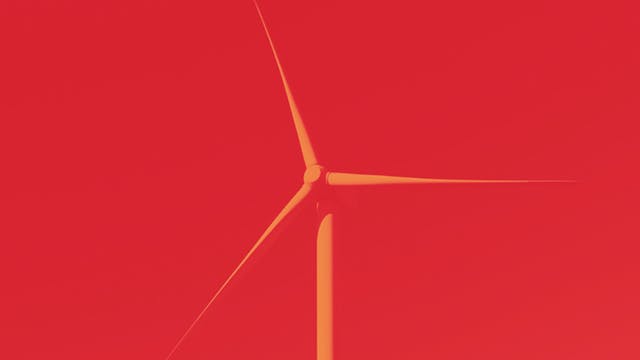The robots are coming and they will destroy our livelihoods
Science & Technology
•
47m
They are coming to an office near you: job-gobbling robots that can do your work better and more cheaply than you can. One in three jobs could be taken over by a computer or a robot in the next 20 years. Most at risk are less skilled workers such as machine operators, postmen, care workers and professional drivers. The CEO of Uber, the ride-sharing company, recently said that his goal is to replace all the firm’s drivers with autonomous cars.
But it’s not just blue-collar workers who are under threat. The relentless drive to replace expensive humans with artificial intelligence poses a threat to better paid jobs too. People whose work requires uniquely human skills, such as teachers, priests, and social workers, are likely to be safe. But already in law firms, junior lawyers are being replaced by software that can scan reams of documents in search of evidence; and in hospitals the role of pharmacists is being taken over by drug-dispensing robots. What’s worse, the people gaining from all this disruption are those already rich enough to own the technology and algorithms. Many experts are warning of a ‘winner takes all’ world of billionaires and beggars which will lead to increasing social unrest.
That’s the view of the tech pessimists, but others would argue that all this automation anxiety is overblown. While advances in technology have always caused disruption, in the long run they have led to the creation of more jobs. To give an example, in the 19th century the industrial revolution wiped out jobs on the land as farm workers were replaced by machinery, but millions found new work in factories as they sprang up in the cities. Why should things be different with the AI revolution? The vastly reduced costs to business, say the optimists, will create a boom that will ultimately lead to millions of new jobs — jobs that we can’t even envisage yet. For many the release from the daily drudgery of work will lead to new and more fulfilling means of employment. And for knowledge workers such as scientists and doctors, AI will enhance their expertise, not replace it. There will always be a premium paid for human ingenuity and insight, and these are the very qualities that will ensure we will prosper from this latest development in human history.
Up Next in Science & Technology
-
Crypto vs The Environment, with Lyn A...
The global bitcoin network currently consumes about 110 terawatt-hours of electricity annually through mining, roughly equal to what is consumed by the nation of Argentina. That statistic sounds frightening but is it? A historical study from Our World in Data found that of the greatest contributi...
-
What is the role of corporations in t...
Do corporations lead or do they follow? Do they push government or do they work within whatever legal frameworks are of the day?
Of course, they do all of the above. They always have. And in the process they have been crucial cogs of progress – much of it good, but not all. That is now changing....
-
Debunking the False Promises of the W...
Juicing, biohacking, mindfulness apps, collagen supplements: the wellness industry has exploded into a $4.4 trillion movement. On January 12 wellness industry journalist Rina Raphael comes to Intelligence Squared to argue that the self-care movement has taken sound ideas about nutrition and fitne...



